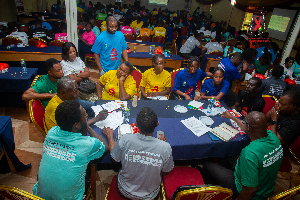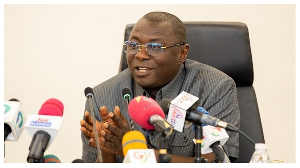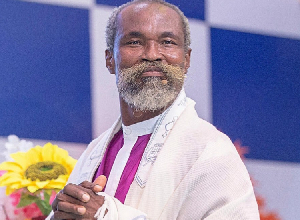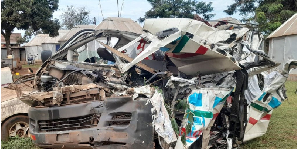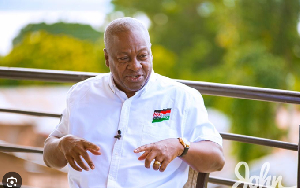The Ghana HIV and AIDS Network (GHANET) has initiated a three-day workshop in Koforidua to mark the beginning of the Global Fund Grant Cycle (GC7) for the HIV Self-Testing (HIVST) project.
The event brought together representatives from 50 non-governmental organizations (NGOs) across the country, with each organization sending three participants, including volunteers, totaling 150 attendees.
Ernest Amoabeng Ortsin, President of GHANET and Acting Chairman of the Country Coordinating Mechanism of the Global Fund, commended the selected NGOs for their involvement in this crucial project.
He emphasized their role as ambassadors tasked with supporting Ghana's efforts to identify and address undiagnosed HIV cases.
Ortsin highlighted the project's focus on encouraging more men to undergo HIV self-testing, noting that while national data shows higher infection rates among females, testing typically yields higher positivity rates among males.
This suggests that targeted efforts to engage men in self-testing could significantly reduce the number of undiagnosed cases.
Dr. Stephen Ayisi Addo, Programme Manager of the National AIDS/STI Control Programme (NACP), lauded GHANET's successful implementation of the HIVST pilot project in 2023. He credited the Network's innovative approach for its continuation in the current grant cycle.
Dr. Ayisi Addo reiterated the importance of HIVST as a valuable alternative testing method, crucial for the country’s progress towards the 95-95-95 UNAIDS global targets.
He expressed concern over Ghana's slow progress, with only 65% of the estimated 334,000 people living with HIV aware of their status.
Of those aware, 69% are on treatment, and among those, 89% have achieved viral suppression.
As Ghana marks 20 years since the introduction of Anti-Retroviral Therapy (ART) through the ART@20 initiative, Dr. Ayisi Addo acknowledged the life-saving impact of ART and the vital contributions of Civil Society Organizations (CSOs) like GHANET in reducing new infections.
Dr. Winfred Ofosu, Eastern Regional Director of the Ghana Health Service (GHS), in a speech read on his behalf, urged participants to fully engage in the workshop and focus on generating demand for HIVST in their communities.
He emphasized the partnership between CSOs and the government in achieving societal well-being.
The workshop featured a series of presentations led by key facilitators, including Dr. Anthony Ashinyo, Deputy Programme Manager of NACP, and other experts from NACP, the Country Coordinating Mechanism of the Global Fund, and the Ghana AIDS Commission (GAC).
Topics covered included HIV and AIDS basics, prevention of sexual exploitation and harassment, community demand generation for HIVST, and essentials of project accounting and report writing.
AM/KA
Watch the latest episode of Everyday People on GhanaWeb TV below:
Health News of Wednesday, 4 September 2024
Source: www.ghanaweb.com





